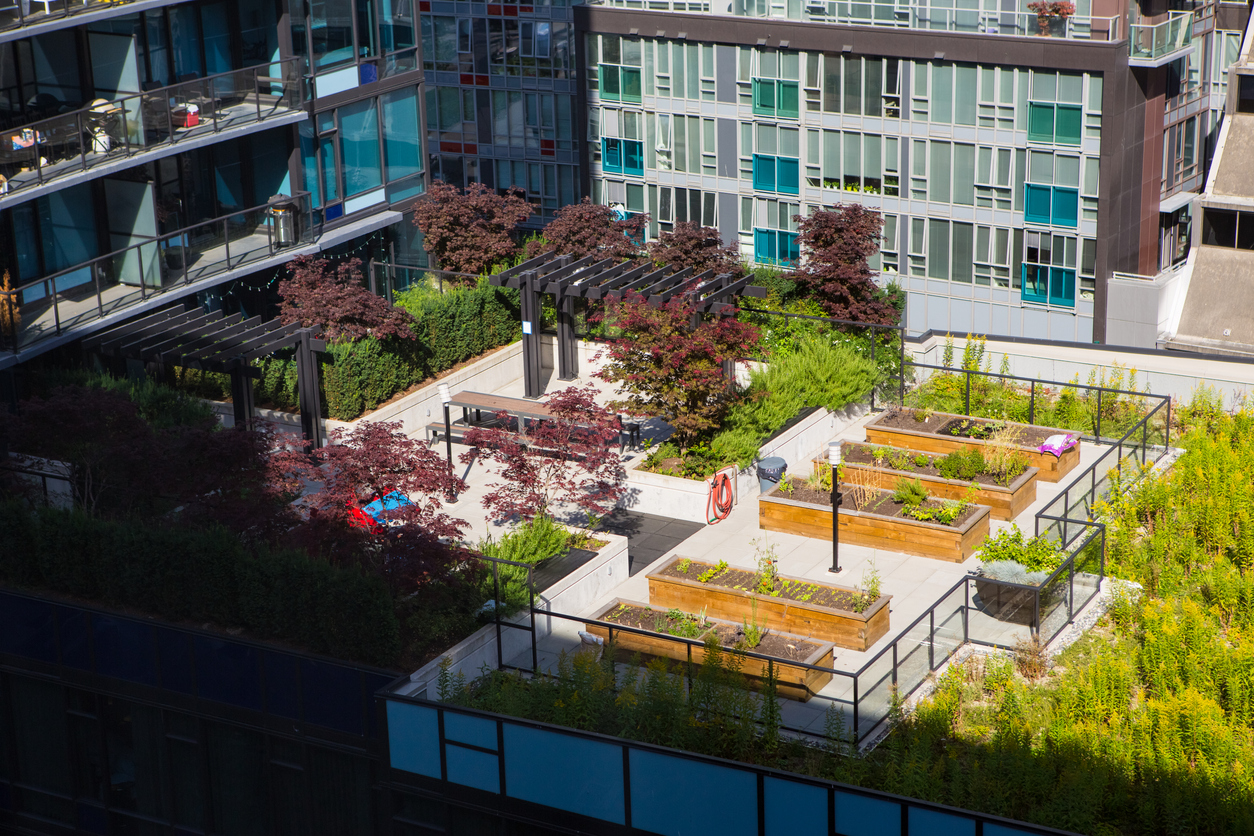Video
Housing Supply Challenge: Empowering Innovation
Four teams of the Data Driven round of the Housing Supply Challenge presented their innovative technology solutions.
December 13, 2022
Story
December 14, 2022

By Evergreen
If Canada is going to solve the housing affordability crisis, we need 5.8 million new homes by 2030. The only way that will happen is if people, organizations and government work together, innovate – and act decisively.
To help facilitate those kinds of ideas and connections, Evergreen recently hosted a National Housing Forum. [Place+Space]: Powering Our Housing Future brought together over 500 residents, companies and innovators to brainstorm ideas, spark conversations and explore solutions for the resilient, affordable housing our country needs.
Over the course of three days and nine virtual sessions, speakers talked about everything from funding options to construction breakthroughs to initiatives that are solving housing challenges:
This session covered insights into housing, how the CMHC is fostering affordable housing innovation, and successful government policies to tackle housing challenges.
We want to ensure we’re not just building…housing but that we’re supporting the opportunity for people to have homes and participate in communities that can thrive.
This session explores how individuals and organizations are encouraging anti-racism in housing.
The way forward is to create a model that prioritizes the needs of Canadians for affordable housing over financial gain – affordable to Canadians, and affordable in perpetuity.
What are municipal governments doing to address the housing crisis? Steve Paikin, Host of TVO’s The Agenda, moderates a discussion among municipal leaders from across Canada.
We hear a lot about planning and zoning, which are important. But to build more affordable housing, the government needs to invest. It all goes hand-in-hand: zoning and planning reform cannot come on their own.
CMHC’s Housing Supply Challenge invites smart solutions to Canada’s housing problems. In this session, you’ll hear about data innovations to improve decision making around affordable housing – and what Evergreen and CMHC learned in the initial round of the challenge.
We are interested in knowing what National Housing Strategy policies and programs specifically target vulnerable populations and what the outcomes are, what data sources exist to track equity-related housing challenges, and what data points and segments need to be considered when developing an equity and inclusion framework.
What should be included in innovative housing solutions? This session looks at the perspectives of youth, newcomers and older adults for insights into creating better housing for the future.
My future home is connected to community. I am an advocate for practicing mutual aid, getting to know my neighbours, offering help. When things happen, we need to work together as a team. As for housing, that means more community spaces, even just simple public sitting areas for meeting people without having to go to a restaurant
This session is an overview of the next round of CMHC’s Housing Supply Challenge, Building for the Future: Innovative Construction for Housing Affordability. It offers funding for innovative construction processes, techniques, systems and materials to increase the supply of housing that’s affordable, climate compatible and meets people’s needs.
There are a number of approaches solutions could take to decrease the cost of construction, streamline or stream up processes, improve existing housing stock, embed traditional knowledge in approaches to housing construction – particularly from Indigenous communities – to create a circular economy in construction by reducing waste or repurposing materials, and increase productivity and health and safety on site.
James Ehrlich discusses construction technology, housing innovation, regenerative living, building faster, more resilient housing, and the future of affordable green housing.
Energy and water and food and waste and housing mobility…are not able to understand each other. But through our Village OS software, they can actually learn about each other and improve how that flow can happen…using machine learning to design and then operating self-reliant neighborhood infrastructure.
From building more sustainable homes faster to increasing climate resilience for low-income housing, innovative technology and inclusive policies can help us meet national housing challenges and climate targets.
Large-scale construction projects take a lot of time. We’re only two construction cycles away from 2032. Incremental change is very slow when we are operating within those time scales. We need to move fast to reach our goals.
Session 9: Placekeeping: A Home is More Than Four Walls
Home isn’t just a physical structure – it’s the community, the infrastructure and the natural world that surround it. This panel discussion looks at how we might reimagine home and community building for a more inclusive and climate-ready future.
Intuitively we know that if we stop fighting nature, we will be saving costs. You are happier and better overall in a biophilic community. Fighting the land actually costs money and energy.